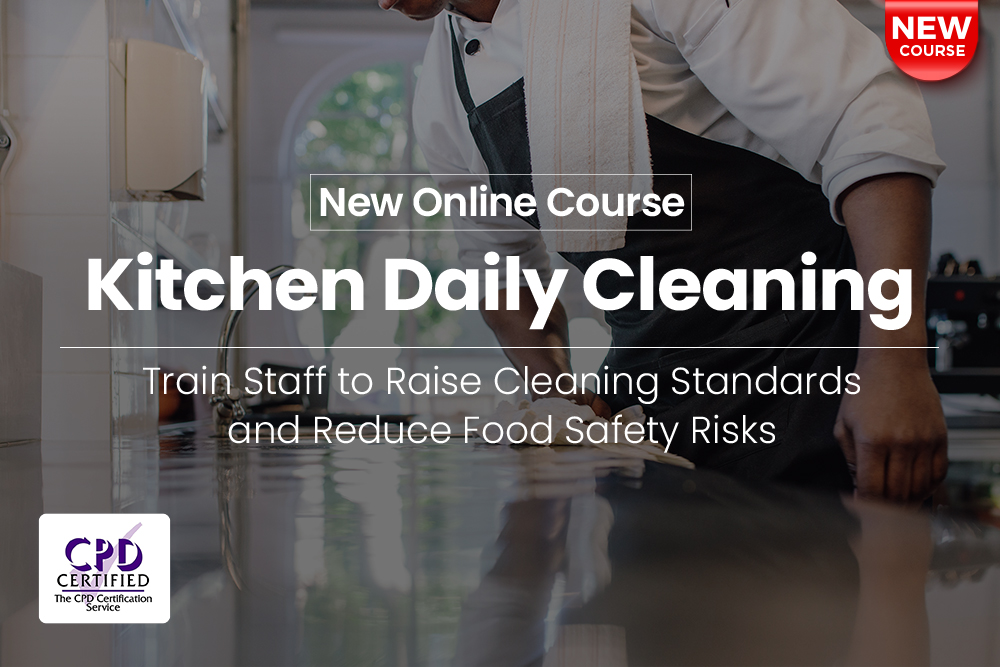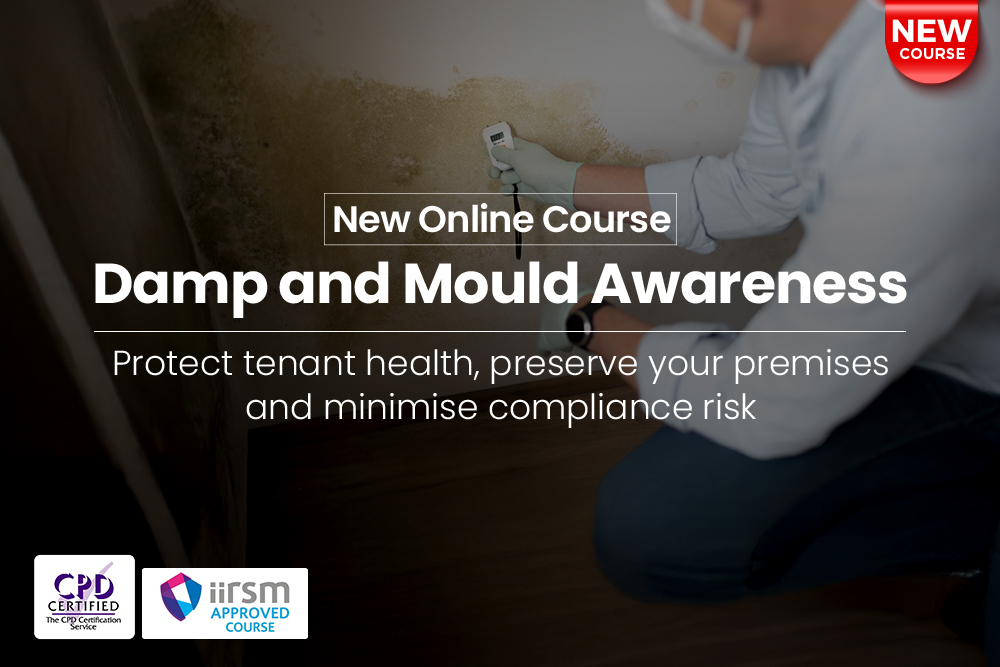
Stress doesn’t just happen to high-flying executives or overworked ER doctors. Anyone can feel stressed. And most of us do, quite a lot of the time. Nearly 80% of UK adults say they frequently feel work-related stress, according to survey data.
We all need to be careful about our stress levels. Too much stress can cause serious health problems.
Can stress cause high blood pressure? Does too much stress increase your risk of heart attack? We don’t want to stress you out, but these are things to be concerned about.
Keep reading to learn more about stress, heart attacks, high blood pressure and how to lower your stress levels.
What is Stress?
A work deadline is approaching, and you’re not ready for it. A customer is hassling you and you’re not sure how to respond. Your suppliers are late, and you have a major order to fill. A colleague isn’t doing their share of the workload. The train is late. You’re stuck in traffic. You need to get more work done in less time for the same money.
Your heart is pounding. You feel jittery and nervous. You’re sweating and shaking. Your eyes dart about and you can feel a headache coming. Somewhere deep inside, you feel like you’re about to go into a panic and possibly even completely freak out!
Guess what? You’re stressed.
And that’s OK. It happens to almost everyone and is perfectly natural.
Stress is a normal reaction that we experience whenever our minds tell us we’re under threat. It’s a primitive fight-or-flight response that humans developed thousands of years ago.

How Stress Works
Stress sends hormones like cortisol and adrenaline pumping through our bodies. Our reaction times increase, our awareness increases, and our muscles get ready for action. Our heart rate increases and our breathing becomes more rapid. We get ready to either attack or run for our lives.
The fight or flight response was beneficial when we were worried about getting eaten by wild animals. In the modern world, it can help us focus and complete tasks on time (and jump out of the way of oncoming traffic). But staying in fight or flight mode for too long overtaxes our bodies. And this can lead to some nasty consequences for our health.
Can Stress Cause High Blood Pressure?
High blood pressure is a serious health issue. Having high blood pressure raises your risk of heart disease and stroke. It can also damage your kidneys, affect your vision and increase the risk of peripheral artery disease (PAD). High blood pressure can even cause sexual dysfunction. If possible, high blood pressure is something you want to avoid.
There’s no actual scientific proof that stress causes chronic high blood pressure. But when we’re stressed, our blood pressure spikes. Those fight-or-flight hormones make our hearts beat faster and our blood pressure skyrockets. Once the feeling of being acutely stressed has passed, our blood pressure returns to normal.
Chronic stress is when you’re in a fight or flight mode for prolonged periods. This can cause your blood pressure to stay higher for longer than usual.
Plus, some ways we cope with stress aren’t exactly healthy. Many people overeat, smoke or drink too much alcohol to cope. These unhealthy behaviours can lead to long-term high blood pressure problems.
The bottom line is that lowering your stress levels will help to lower your blood pressure.
Can Stress Cause a Heart Attack?
Just like high blood pressure, short-term stress can’t cause you to have a heart attack. But, some studies have shown a link between chronic stress and an increased risk of heart disease. Chronic stress can cause plaque to build up in our arteries, inflammation and weaken our hearts. All of which increase the risk of a heart attack. Sometimes, stress can cause chest pain, so it feels like you’re having a heart attack.
Five Healthy Ways to Lower Your Stress Levels
You don’t always have to choose unhealthy ways of coping with stress. Some of the best ways to lower stress levels are simple, healthy, and – best of all – free!
Up Your Exercise Levels
Exercise will strengthen your heart, lower your blood pressure, and help you eliminate stress. You don’t have to become an avid gym goer. Just 20 minutes of exercise a day, three or four times a week, will help.
Cut Down on Caffeine
A cup of coffee to get you going in the morning isn’t a big deal. But multiple caffeine hits throughout the day can be bad for your blood pressure. Cutting down on caffeine can help to lower your blood pressure and reduce feelings of stress.
Do Breathing Exercises
Another good way to lower your stress levels is simply by breathing deeply. Breathing exercises or meditation can help you feel calmer and reduce stress.
Avoid Alcohol and Cigarettes
Do we have to say it? Hitting the bottle too often and smoking at all is bad for you. Alcohol can increase feelings of stress and cigarettes weaken your heart and raise your blood pressure.
Get Enough Sleep
Lack of sleep can make us tense, irritable, and less resilient. You’re much more likely to become stressed out if you’re tired. Try and get good quality sleep. Going off for a mid-afternoon nap can work wonders for your stress levels.
How to Avoid Stress at Work
Stress is a big problem for working people in the UK. Reports show that 7% of UK adults say they feel stressed daily. A staggering 74% of people surveyed in 2018 reported feeling so stressed they were overwhelmed, according to the Mental Health Foundation. That was before we had to deal with the Covid pandemic and the current cost of living crisis! Work-related stress is estimated to cost the UK economy £28 billion annually.
Stress at work is a serious issue. Conducting a workplace stress risk assessment can help you identify the causes of stress and find ways to eliminate or control them. Our essentials of stress management training is a great way to learn how to get rid of stress in the workplace.



























































































































































































































































































































































































































































































































































































































































































































































